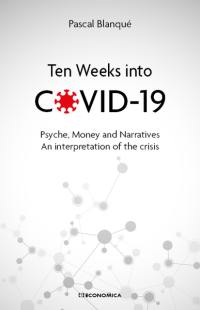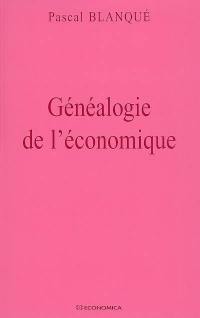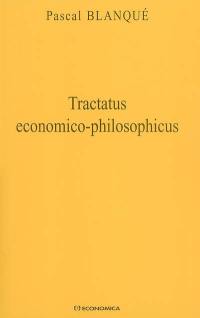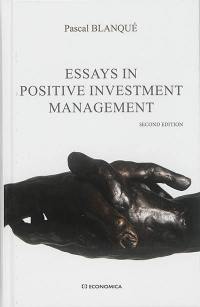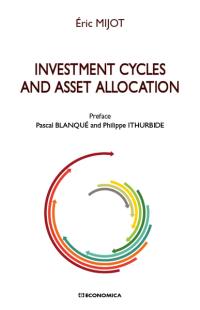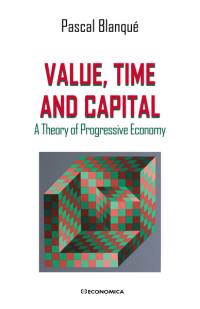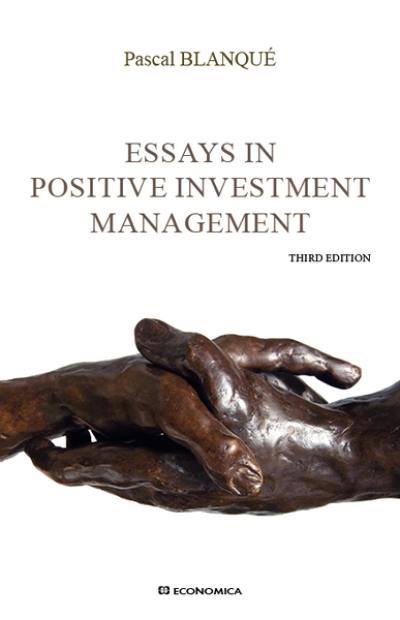
Fiche technique
Format : Cartonné
Nb de pages : 551 pages
Poids : 1015 g
Dimensions : 16cm X 25cm
ISBN : 978-2-7178-7076-3
EAN : 9782717870763
Essays in positive investment management
Quatrième de couverture
« For a thought-provoking discussion of the problems of investing in central bank-infested markets, I strongly recommend Pascal Blanque's book » John Plender, Financial Times.
« It is rare to come across an incumbent top-level investment professional today who questions the worth of virtually every tool of his or her trade » Amin Rajan, CEO Create Research, in Financial Times.
« Pascal Blanqué contends that liquidity is a dimension clearly missing from the thinking of investors » Liam Kennedy, Investment and Pensions Europe.
There are few people with better insight into investment management than Pascal Blanqué. After the warm welcome with which the book Essays in Positive Investment Management was received, the author is publishing a third, expanded édition. Here he reports on situations experienced by investors which clearly break the rules and norms of accepted rationality, for example when a fall in the price of an asset is accompanied, contrary to the classical hypotheses, by a fall in demand. He outlines a general theory of the fields of choice and the marginal rates of substitution within the framework of a specific referential of the economic Subject, of a psychological nature and structured by time-values, and the framework of a limited rationality.
In this important and timely book, Blanqué made a powerful claim for positive investment in order to avoid fanciful illusions. He assigned it the task of understanding what is happening in today's world. Blanqué argued that the investment world contains many elements of a fairy tale and showed that a mere confrontation with reality leaves its mark on the impressive procession of theoretical, sacred cows, of established beliefs and truths. As does the confrontation with crises. These essays accordingly included an objective assessment of the discipline's sacred cows and explored a number of ways to renew the traditional approaches. The book contains, in particular, a discussion of the notion of liquidity as the missing element of the modern portfolio theory ; together with the changes in macro-financial regime as a key determining factor for investment strategies.
There has never been such a needfor sound management to bridge the gap between abundant savings and unsatisfied investment requirements. We need new ways to rechannel investment management for the good. We need more investment science not less.





